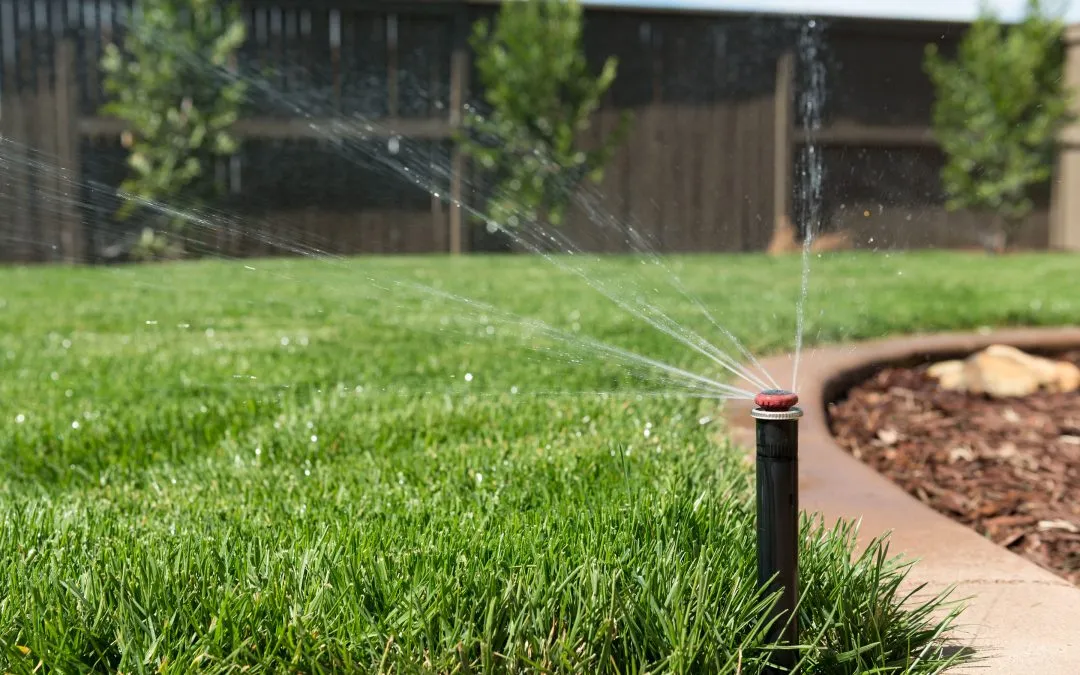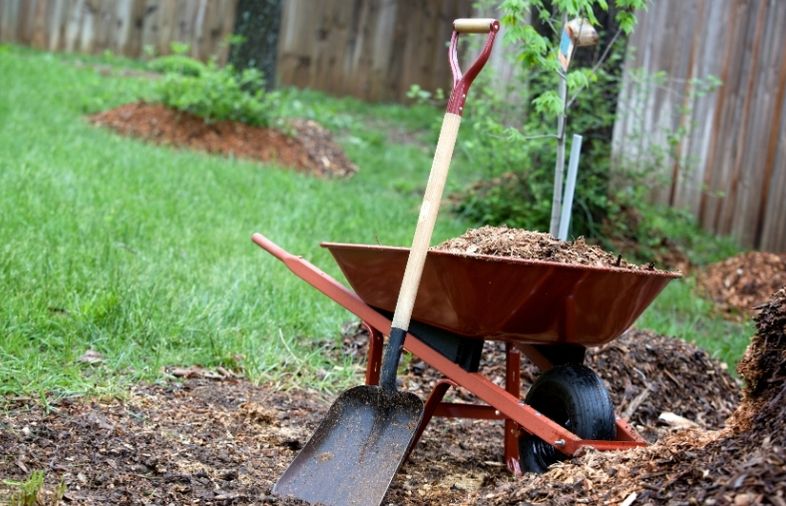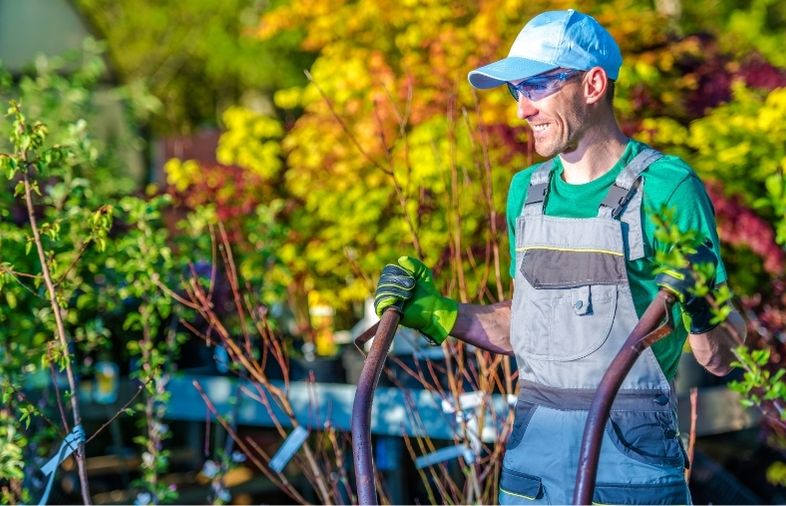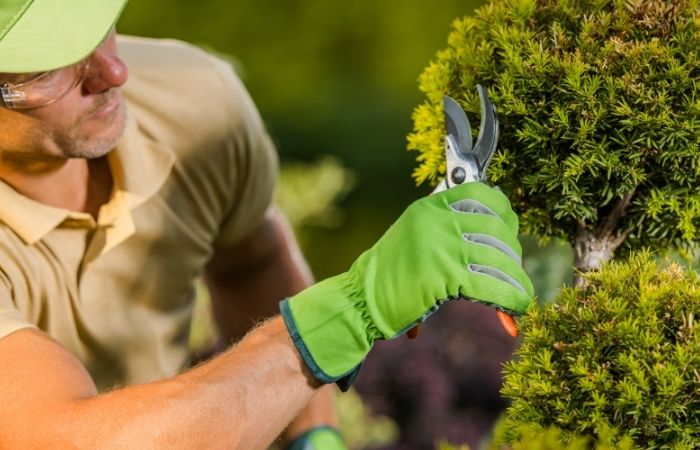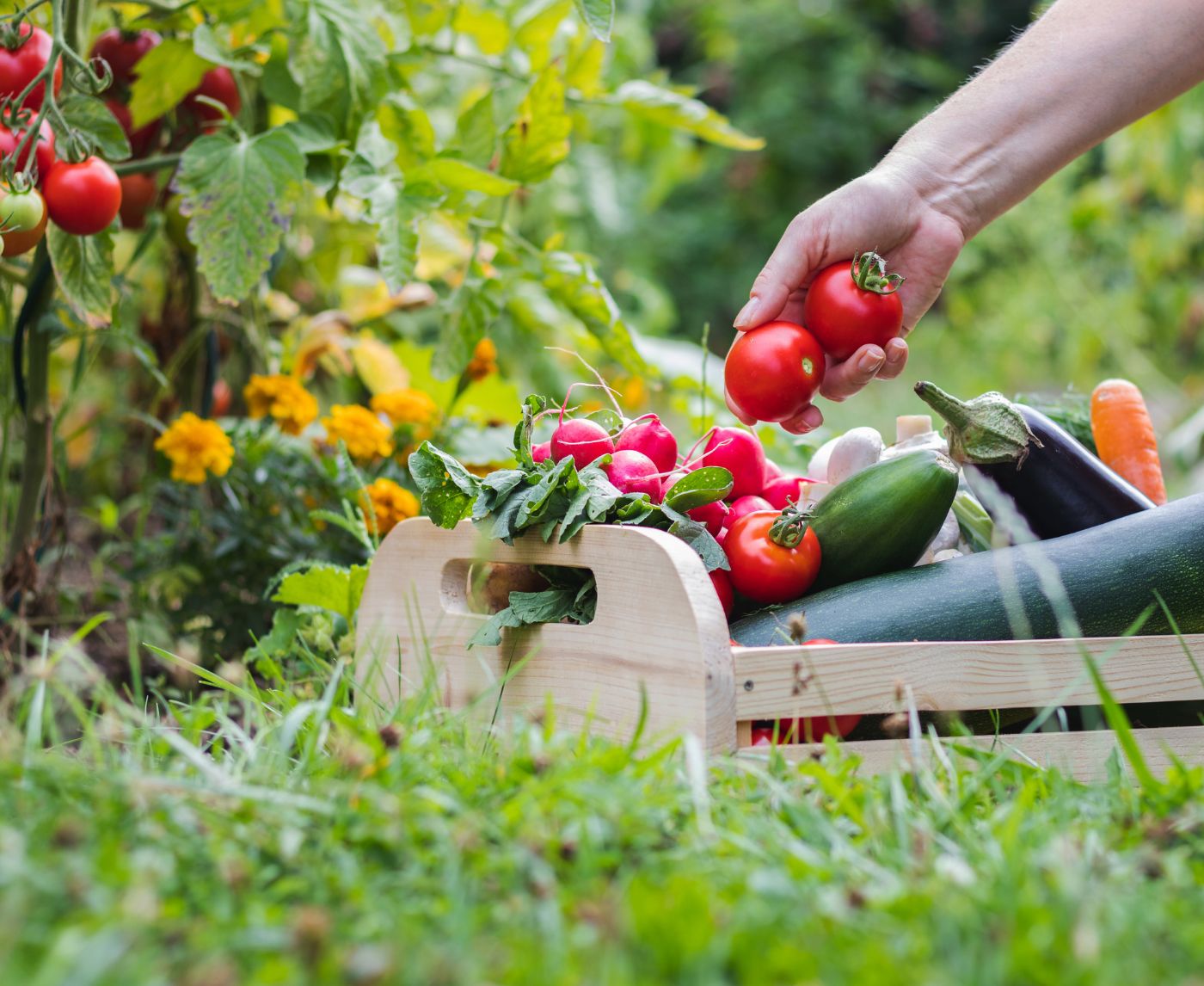Not many things grow in winter, even in Florida’s warm weather, which is why many St. Augustine homeowners wonder if it’s even necessary to do lawn watering in winter.
While northern states experience snow and frost, Floridians know to expect milder temperatures and less precipitation during their moderate winters, but that doesn’t mean your lawn’s watering requirements won’t change drastically during this season.
At Baker Company, Inc. we specialize in designing stunning lawns that can thrive year-round, and we take great pride in our results. Whether you need help modifying your irrigation system for the winter or doing some seasonal upkeep, we’re here to help!
For the lawn care your grass deserves.
Do I Need to Water My Lawn in Winter?
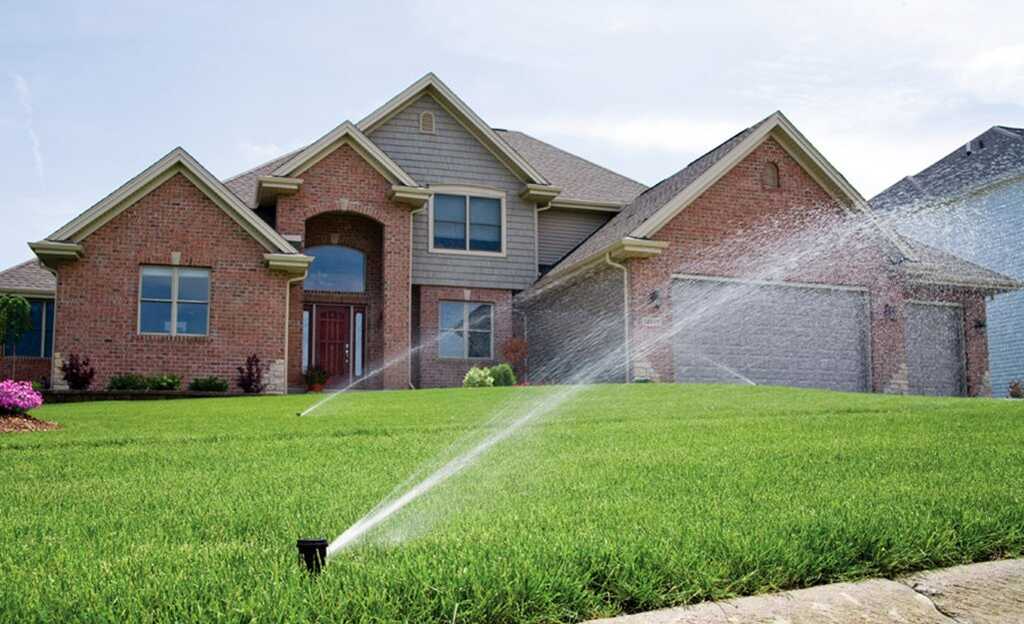
Long story short, yes, but you want to do it in moderation. Like Florida, St. Augustine experiences mild winters, but they’re still drier than the summer, which means you can’t just stop watering.
This is especially true for lawns made of grass species like Zoysia grass or St. Augustine grass, which stays semi-active throughout winter and still needs water to thrive, though not as much as they need during summer.
Soil moisture is essential for root health, and watering in the winter helps maintain that. The problem with overwatering is that it wastes water and can lead to fungal illnesses, so you want to strike a balance that keeps your lawn looking great.
Best Time to Water Grass in Winter
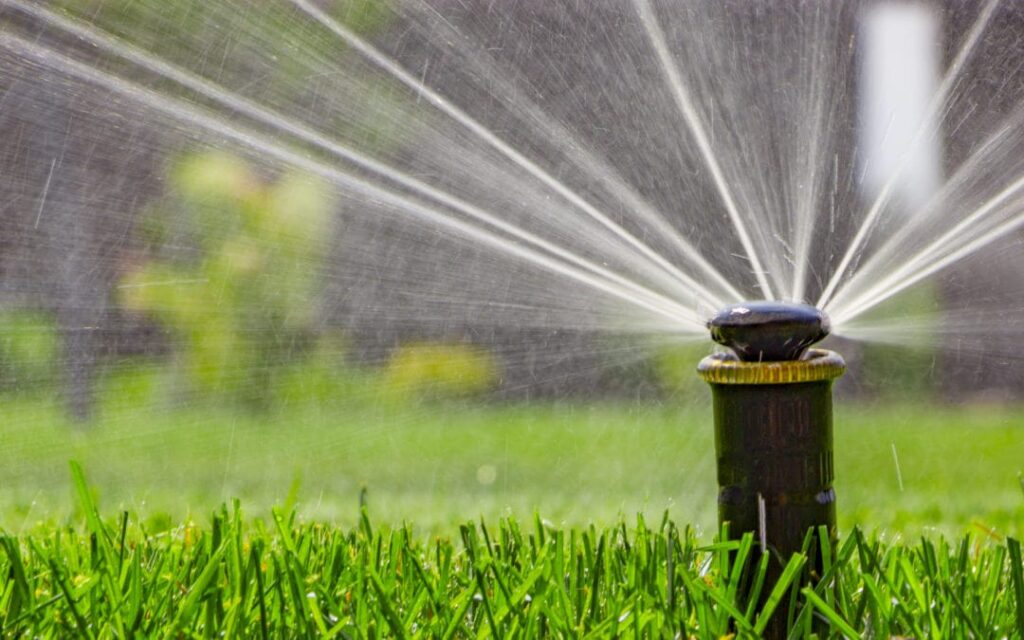
When it comes to lawn watering in winter, timing is crucial. Early in the morning, between 6 and 9 a.m., is the best time to water your lawn. This will give your soil plenty of time to absorb the water before it evaporates under the sun’s heat.
Avoid watering in the afternoon or at night, as the lower temperatures can increase the likelihood of fungal growth.
How Can I Tell if My Grass Needs Watering in Winter?

During the winter, grass growth slows down considerably, which means that your lawn’s water needs will also decrease, but that doesn’t mean it won’t need any water.
If you’re unsure whether you’re watering your grass enough or not, check for these symptoms that’ll tell you if your grass needs watering:
- Soil Dryness: Pierce the ground using a screwdriver or comparable instrument. It may be necessary to water your lawn if it doesn’t soak in quickly.
- Grass Color: When the grass is very dry, it will start to look more blue-gray than its normal vivid green.
- Footprints: The absence of elasticity in the grass, as indicated by the persistence of footprints or mower tracks, is an indication of dehydration.
If you’re still not sure if your grass needs watering, or if you just don’t want to bother looking for all these signs, just give us a call. We can create an irrigation schedule to ensure your grass gets what it needs at the best time to water grass in winter.
Adjusting Your Irrigation System for Winter
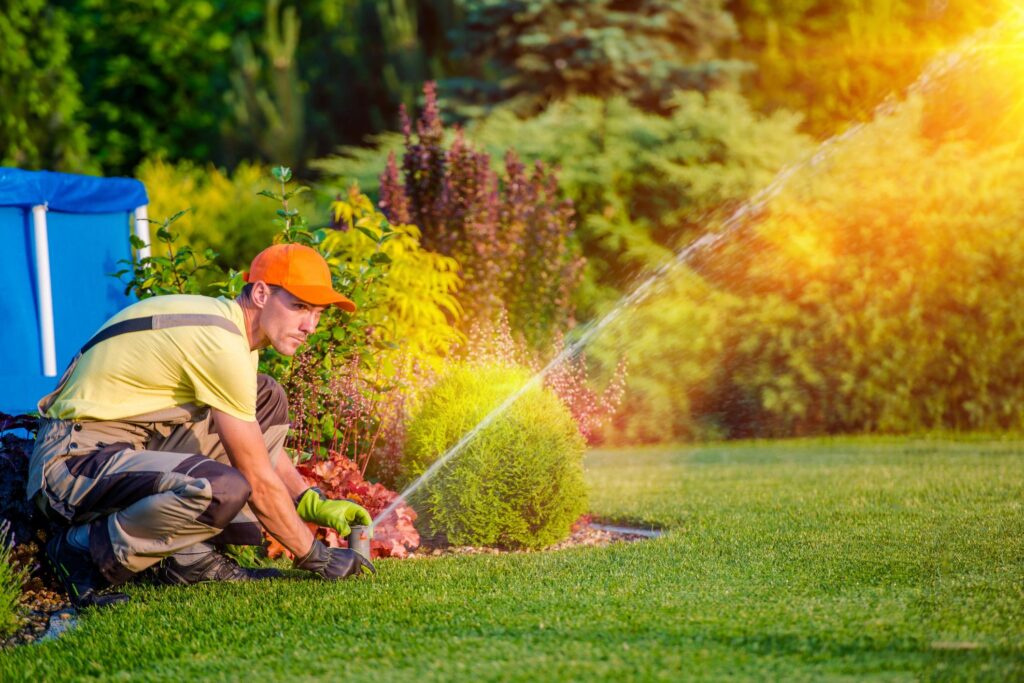
Winter is the perfect moment to change the settings on your automatic irrigation system so that it goes off only when your water needs it, and if you don’t have an irrigation system, we can take care of that for you.
With a quick visit to your property, our local experts can design an irrigation system that meets your yard’s specific needs.
If you want to get the “Do I need to water my lawn in winter?” question out of the way for good, give us a call.
Pro Tips for Winter Lawn Watering
Review regional regulations: During the winter, some cities implement watering restrictions to save water. Prior to establishing your schedule, make sure to check if you need to follow any regulations.
- Water deeply, but infrequently: Don’t water too lightly or too often; instead, aim for deeper watering sessions. By promoting deeper root growth, you can enhance your lawn’s ability to withstand drought conditions and get it ready for a lush summer.
- Check weather conditions: Skip watering if rain is forecasted or if the temperature is expected to dip below 40°F, as this can lead to frozen grass blades.
- Use mulch: If you want to keep soil moisture and cut down on watering frequency, mulch your flower beds and areas surrounding trees.
When to Stop Watering Your Lawn in Winter
Although there are several situations in which you can halt or greatly decrease lawn watering in winter, it is not necessary to cease watering altogether. For example:
- After consistent rainfall: If your lawn receives 1 inch of rain per week, there’s no need to water.
- During dormant periods: Some grass types, like Bermuda grass, go fully dormant in winter and require minimal to no watering.
- In shaded areas: Lawns in shaded parts of your yard will dry out more slowly, requiring less frequent watering.
If you want expert advice, just reach out. At Baker Company Inc., we can always take a look at your yard and tell you just how often you need to water it in winter, and if you want to avoid the hassle, you can always hire our landscaping maintenance services!
Common Winter Lawn Problems
- Drought Stress: Lawns are still susceptible to drought stress in the winter, even though the weather is milder. If you water your grass correctly, it won’t dry up and develop patches.
- Root Damage: Dry soil can weaken root systems, making it difficult for them to recover in the spring and cause root damage. Watering throughout the winter ensures that the soil remains moist, which is essential for root health.
- Fungal Issues: Brown patch and dollar spot are fungal diseases that can be spread by overwatering, which is particularly common in cool, wet conditions. Never water the lawn at the end of the day; instead, water only when absolutely necessary.
Call Us Today for Your Winter Lawn Care Needs
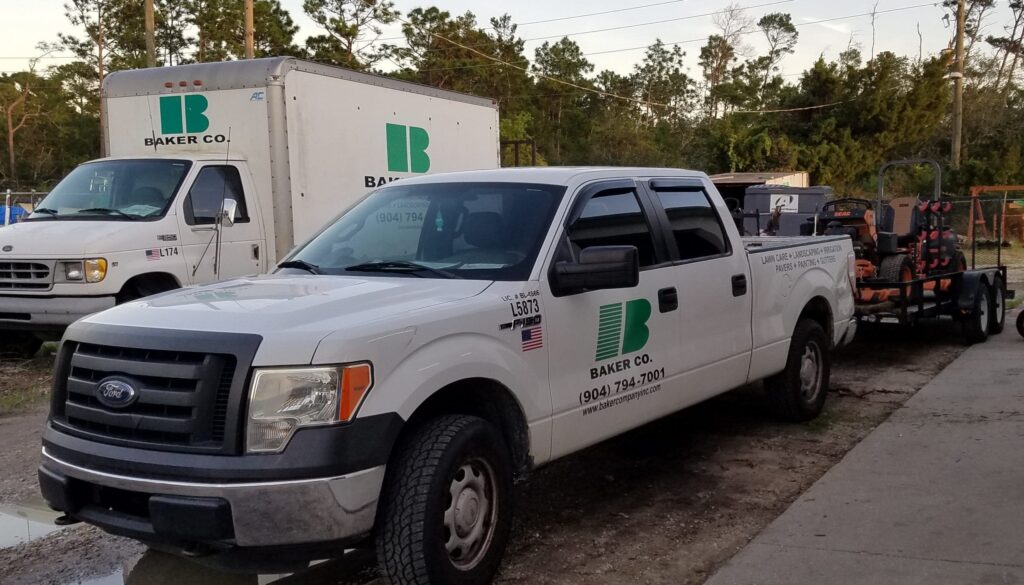
Lawn watering in winter in St. Augustine is all about strategy and moderation. To avoid wasting water and to maintain your lawn healthy, water only when absolutely essential, and stick to the optimal times and ways to water.
If you’re unsure about your lawn’s winter watering needs or want professional assistance, contact Baker Company, Inc. Whether it’s irrigation system adjustments or general maintenance, we can ensure your lawn remains vibrant year-round.
If you’re unsure about your lawn’s winter watering needs or want a pro to do it, contact us. Your lawn will look great all year round with our help and will look even better come spring.
FAQs
How often should I water my lawn in winter in St. Augustine?
Depending on the weather and soil conditions, you might only need to water your lawn once every seven days. Watering your lawn regularly keeps the roots healthy without drowning them in water, which can cause fungus and other problems in the winter.
What is the ideal lawn height for winter in St. Augustine?
The recommended height for the majority of grass varieties is between 2.5 and 3 inches. At this height, the roots are shielded from lower temperatures while the blades are long enough to undergo photosynthesis.
Keeping your grass mowed according to these guidelines is another way to make sure you’re in compliance with your HOA, and maintaining a lawn that complies with HOA regulations is easy with our help.
Can overwatering harm my lawn in winter?
Yes, fungal infections and water waste can result from overwatering. Soil conditions are ideal for fungal growth when there is an abundance of water, which limits root oxygen availability.
Should I fertilize my lawn in the winter?
Apply fertilizer sparingly throughout the winter months, with an emphasis on slow-release formulations. When grass is overfertilized, it causes stress and promotes weak growth. A light application in early winter can help keep soil nutrients in place for semi-active grasses like St. Augustine grass without overburdening the lawn.
What signs indicate that something’s going wrong with my grass in winter?
Be on the lookout for any signs of thinning, yellowing, or a rise in pests. Soil that is either too wet or too dry, as well as brown areas, are further symptoms of a fungal infection. If these issues are caught early on, they can be treated specifically, protecting the lawn from more harm.

